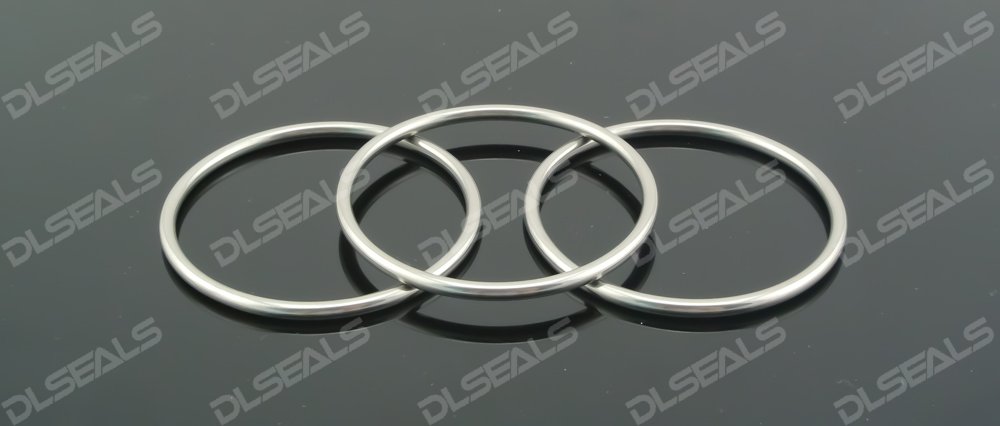When considering seals for industrial applications, choosing between metal seals and rubber seals can significantly impact both performance and cost-effectiveness. Each type of seal offers distinct advantages depending on the specific requirements of the application.
Metal Seals:
Metal seals, often made from materials like stainless steel or aluminum, are known for their durability and ability to withstand high temperatures and pressures. They excel in applications where extreme conditions are prevalent, such as aerospace, automotive, and oil & gas industries. Metal seals provide excellent resistance to corrosion and offer a long service life, reducing maintenance costs over time.
Advantages of Metal Seals:
High durability and longevity
Excellent performance under extreme temperatures and pressures
Superior resistance to corrosion and wear
Ideal for critical applications requiring high reliability and performance consistency
Rubber Seals:
Rubber seals, typically made from materials such as NBR (Nitrile Butadiene Rubber), EPDM (Ethylene Propylene Diene Monomer), or FKM (Fluorocarbon Rubber), are valued for their flexibility and cost-effectiveness. They are widely used in automotive, HVAC, and general industrial applications where sealing against fluids or gases at lower pressures is required. Rubber seals are easier to install and maintain, offering versatility in design and compatibility with various operating conditions.
Advantages of Rubber Seals:
Flexible and adaptable to different seal configurations
Cost-effective solution for moderate pressure and temperature environments
Easy installation and maintenance
Good sealing performance against fluids and gases
Cost-Effectiveness Comparison:
When evaluating the cost-effectiveness of metal seals versus rubber seals, several factors should be considered:
Initial Cost: Rubber seals generally have a lower initial cost compared to metal seals, making them attractive for budget-conscious projects.
Maintenance Costs: Metal seals often require less frequent replacement and maintenance, reducing long-term costs associated with downtime and replacement parts.
Performance Requirements: Applications with high-pressure or high-temperature conditions may benefit more from the durability and reliability of metal seals, despite higher initial costs.
Environmental Factors: Rubber seals may be preferred in applications where chemical resistance or flexibility is critical, potentially outweighing the higher initial costs of metal seals.
Conclusion:
In conclusion, the choice between metal seals and rubber seals depends on specific application requirements and budget considerations. While metal seals offer superior durability and performance in extreme conditions, rubber seals provide a cost-effective solution with good sealing capabilities for less demanding environments. Understanding these factors is crucial for optimizing the cost-effectiveness and performance of sealing solutions in industrial applications.
Post time: Aug-08-2024

